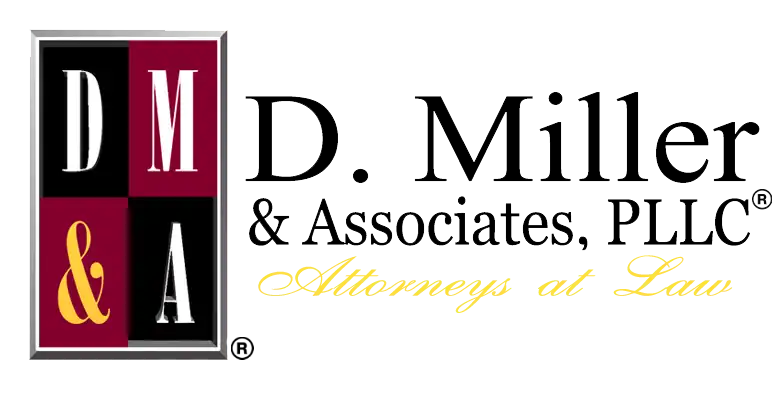Negligence is the most common cause of motorcycle accidents. Nearly all motorcycle accidents are preventable if only the liable party had used reasonable or ordinary care.
Negligence can take many forms in a motorcycle accident, including:
- Driving while intoxicated (DWI)
- Unsafe lane changes
- Car doors opening into motorcycle
- Left turns in front of motorcycle
- Failure to yield
- Speeding
- Sudden stops
Some motorcycle accidents are not caused by a careless driver. They can be caused by dangerous road conditions or a defective part.
How to Determine the Cause of a Motorcycle Accident
It is not always clear who or what caused a motorcycle accident with injuries. However, motorcycle riders face two dangers: being struck by a car and being ejected from their bike.
A motorcycle accident lawyer will look for evidence to determine the cause of the accident. This is key to establishing liability and pursuing damages.
The evidence used to determine cause and liability might include:
- Photos or videos of the accident site, including skid marks, debris, and final resting place of the involved vehicles.
- Eyewitness accounts.
- Police or accident reports.
- Location and severity of injuries.
- On-board digital information, if available.
If you were severely injured in a motorcycle accident, you may not remember what happened before and after the collision. That is why many motorcycle riders turn to a personal injury lawyer to help them learn more and to pursue damages from the responsible party.
Proving Liability in a Motorcycle Accident
A lawyer with our firm will use facts from your case to establish negligence, which is the most common cause of motorcycle accidents.
There are four conditions for establishing liability and negligence:
- Establish that the other party owed you a duty of care to avoid injury.
- Show how the other party breached this duty of care.
- This breach of duty caused your injuries.
- These injuries caused damages.
Contributing Factors for Injuries in a Motorcycle Accident
Some states require motorcycle helmets for all riders. Others do not. If you live in a state without mandatory motorcycle helmet laws, you do not have to legally wear a helmet. Although you may not need to legally wear a helmet, we strongly encourage you to do so for your safety.
You should know that wearing helmets saves the lives of many people in motorcycle accidents. According to the National Highway Traffic Safety Administration (NHTSA), helmets saved the lives of 1,872 motorcycle riders in 2017.
The NHTSA recommends a high-quality, snug-fitting helmet with a face shield for motorcycle riders and passengers. If the helmet does not have a face shield, riders should wear goggles or other eye protection.
Always Wear Proper Gear
Consumer Reports magazine recommends that riders and passengers wear appropriate attire, including:
- Leather or reinforced jacket
- Pants or jeans
- Boots or sturdy sneakers
- Non-slip gloves
You are more exposed to weather on a motorcycle, so you may also want to invest in raingear.
What to Do After a Motorcycle Accident
Your first action is to get medical care, and to follow your healthcare provider’s instructions. Keep all hospital bills and accident-related expenses.
Next, it is a good idea to write down what you can remember about what you heard, saw, and felt just before, during, and after the accident.
You may receive a phone call from the defendant’s insurance company. Do not talk to them before talking to one of our motorcycle accident lawyers.
Our law firm offers a free case evaluation. A member of our team can talk to you about your options for seeking financial recovery from the liable party.
What a Motorcycle Accident Lawyer Does for You
Each state has its own deadline, or statute of limitations, for filing a personal injury lawsuit. There are also complex legal and medical issues. You may jeopardize your chance for potential recovery without legal guidance.
A motorcycle accident lawyer can help you in many ways, including:
- Evaluate your injuries and damages.
- Obtain evidence of liability against the other party.
- Compile all paperwork to file a claim with the other party’s insurance company.
- Communicate and negotiate with all parties on your behalf.
- Helps you recover damages for your medical bills, lost pay, and other losses.
Most importantly, having a lawyer represent you gives you the time to rest and focus on recovering from your injuries.
Take Legal Action Today to Potentially Recover Damages
If you were injured in a motorcycle accident that was not your fault, please call D. Miller & Associates, PLLC for a free case evaluation:(713) 850-8600.

